Home » CNC Machining Materials: Metals and Plastics » PPS: Custom PPS CNC Machining Material Supplier in China
Custom PPS CNC Machining Services in China
Machining High-Performance Components with Extreme Chemical and High-Temperature Resistance.
- ISO 9001 Certified
- Service up to 220°C (428°F)
- Unmatched Chemical Inertness
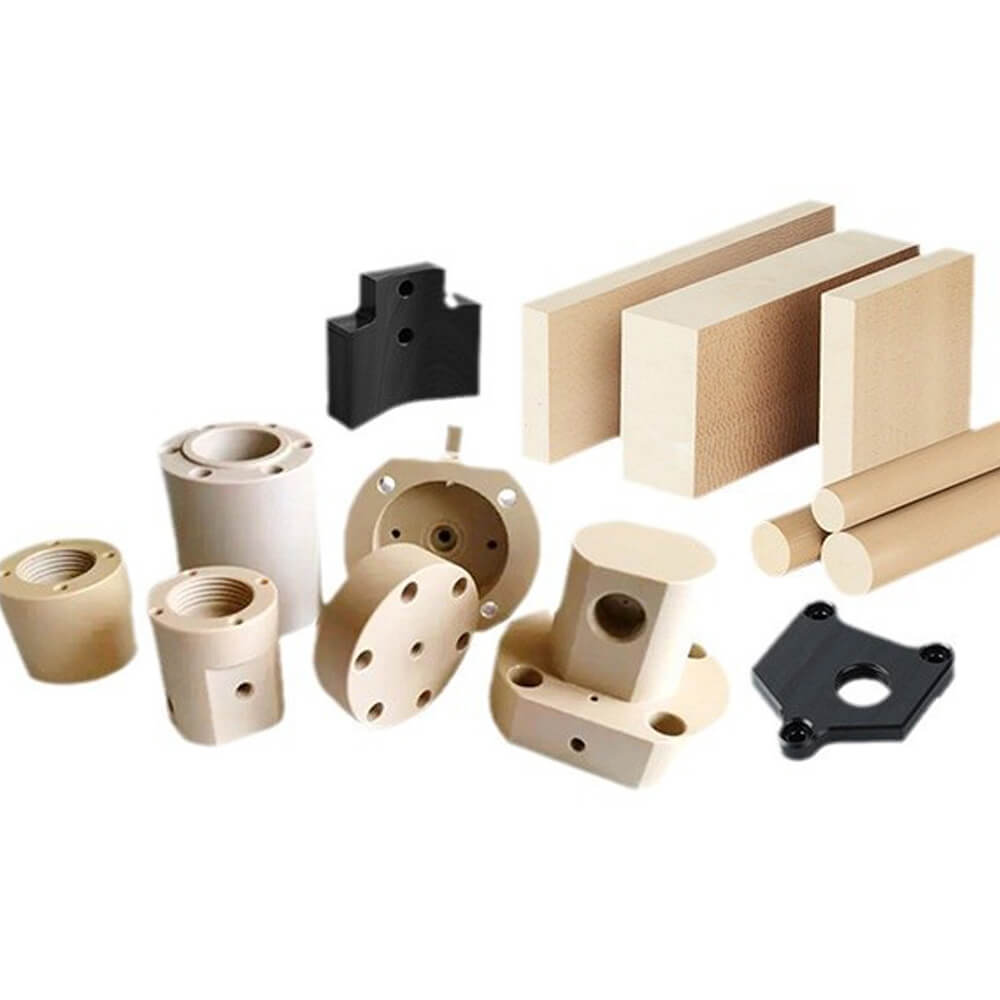

Your Expert Partner for PPS Machining
Celerity Precision is a specialized manufacturer in China offering expert CNC machining of PPS (Polyphenylene Sulfide). PPS is a high-performance, semi-crystalline engineering thermoplastic renowned for its extraordinary combination of properties, including broad and aggressive chemical resistance, exceptional dimensional stability, and high-temperature performance. It is one of the most chemically resistant plastics available and maintains its strength and rigidity at continuous service temperatures up to 220°C (428°F). From pump components in chemical plants to insulators in the oil and gas industry, PPS is the material of choice for parts that must survive the harshest conditions. Machining reinforced grades of PPS requires precision and expertise, and our facility is fully equipped to deliver components that meet the highest standards of performance and reliability.
Why Choose PPS for Your Machined Parts?
PPS is the solution for applications where a combination of extreme chemical exposure and high heat would cause nearly all other plastics to fail. It is an inherently flame-retardant material with very low moisture absorption, ensuring its mechanical and electrical properties remain stable and predictable regardless of the environment. Its high hardness and excellent creep resistance mean it holds its shape under load over long periods, even at high temperatures. At Celerity Precision, we utilize robust carbide and diamond-coated tooling to machine the tough, often abrasive, grades of PPS, creating parts with tight tolerances and excellent surface finishes.
Exceptional Broad Chemical Resistance
Resistant to virtually all solvents, acids, and bases below 200°C (392°F).
Outstanding High-Temperature Performance
High continuous service temperature of 220°C (428°F) with a very high melting point.
Superior Dimensional Stability
Extremely low moisture absorption and a low coefficient of thermal expansion ensure parts hold tight tolerances.
High Strength & Stiffness
A very hard, rigid, and creep-resistant material, especially when reinforced.
Inherent Flame Retardancy
Naturally flame retardant (UL94 V-0) without the need for additives.
Good Electrical Insulating Properties
A stable electrical insulator, even in hot and humid conditions.
40% Glass-Filled PPS
This is the most common grade for machining. The addition of 40% glass fibers provides a massive increase in strength, stiffness, and dimensional stability, making it a true high-performance structural material. It is typically off-white or black.
| Tensile Strength, Yield (MPa) | 135 MPa |
| Elongation at Break (%) | 1.3% |
| Deflection Temp. @ 1.8 MPa | 260°C (500°F) |
| Density (g/cm³) | 1.65 |
Bearing-Grade PPS (Lubricant-Filled)
This grade is filled with carbon fiber and solid lubricants like PTFE. It is designed for high-load, high-temperature wear applications, offering a low coefficient of friction and excellent wear resistance. It is typically black.
| Tensile Strength, Yield (MPa) | 85 MPa |
| Elongation at Break (%) | 2% |
| Deflection Temp. @ 1.8 MPa | 260°C (500°F) |
| Density (g/cm³) | 1.45 |
Surface Finishing Options for PPS
PPS is a high-performance functional material. Due to its extreme chemical inertness and the fact it is almost always reinforced, it is not suitable for secondary finishing.
As Machined
This is the only finish available. PPS machines to a very clean, hard, and smooth surface. The finish will reflect the filled nature of the material (i.e., you will see the texture of the glass or carbon fill). Standard colors are off-white/tan (for glass-filled) and black (for bearing grade).
Pros and Cons of PPS CNC Machining
Pros
- Ultimate Chemical Resistance: One of the most chemically inert plastics available, second only to fluoropolymers like PTFE.
- Performs in High Heat: Maintains excellent strength and stability at temperatures that would melt or degrade most other plastics.
- Exceptional Dimensional Stability: Perfect for high-precision parts that must hold tight tolerances in changing environments.
- Naturally Flame Retardant: An excellent choice for electronic and electrical applications where fire safety is a concern.
Cons
- High Cost: A premium, high-performance material that is significantly more expensive than standard engineering plastics.
- Very Abrasive to Machine: The high glass and mineral fill content is extremely abrasive, causing rapid tool wear and requiring specialized, robust tooling, which increases machining costs.
- Brittle: Reinforced grades are very stiff but have low impact strength and are prone to chipping. They are not suitable for high-impact applications.
- Requires Annealing: For the highest level of dimensional precision and stability, PPS parts must be annealed to relieve internal stresses.
Applications of CNC Machined PPS Parts
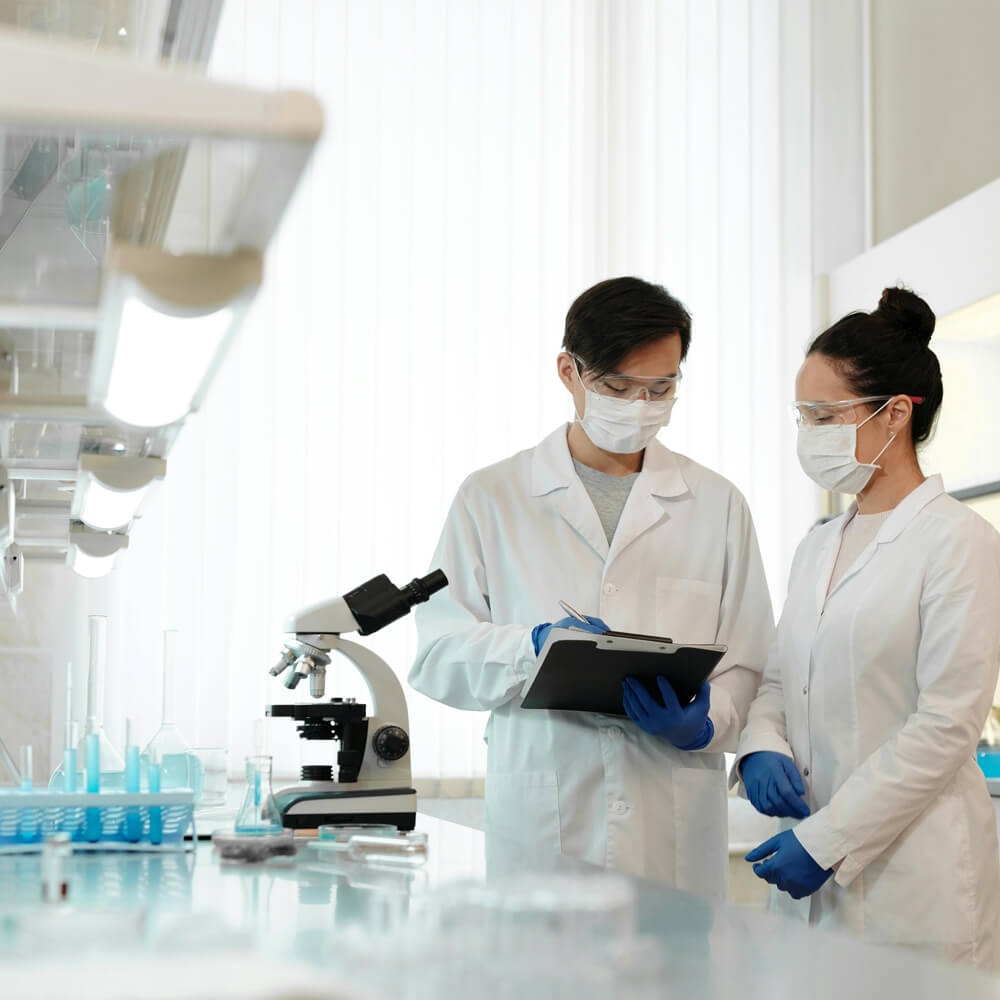
Chemical Processing
Pump housings, valve bodies, seals, and components for handling aggressive chemicals.
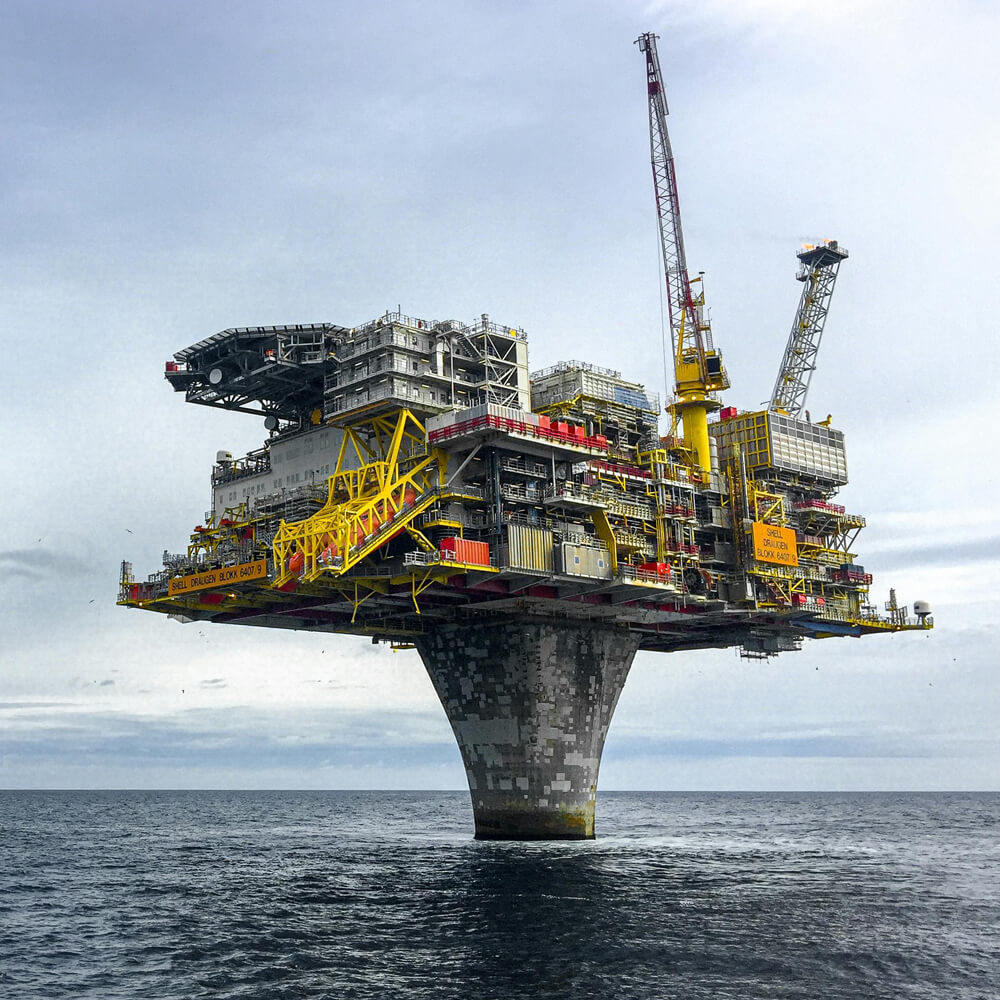
Oil & Gas
Downhole electrical connectors, insulators, and sensor housings.
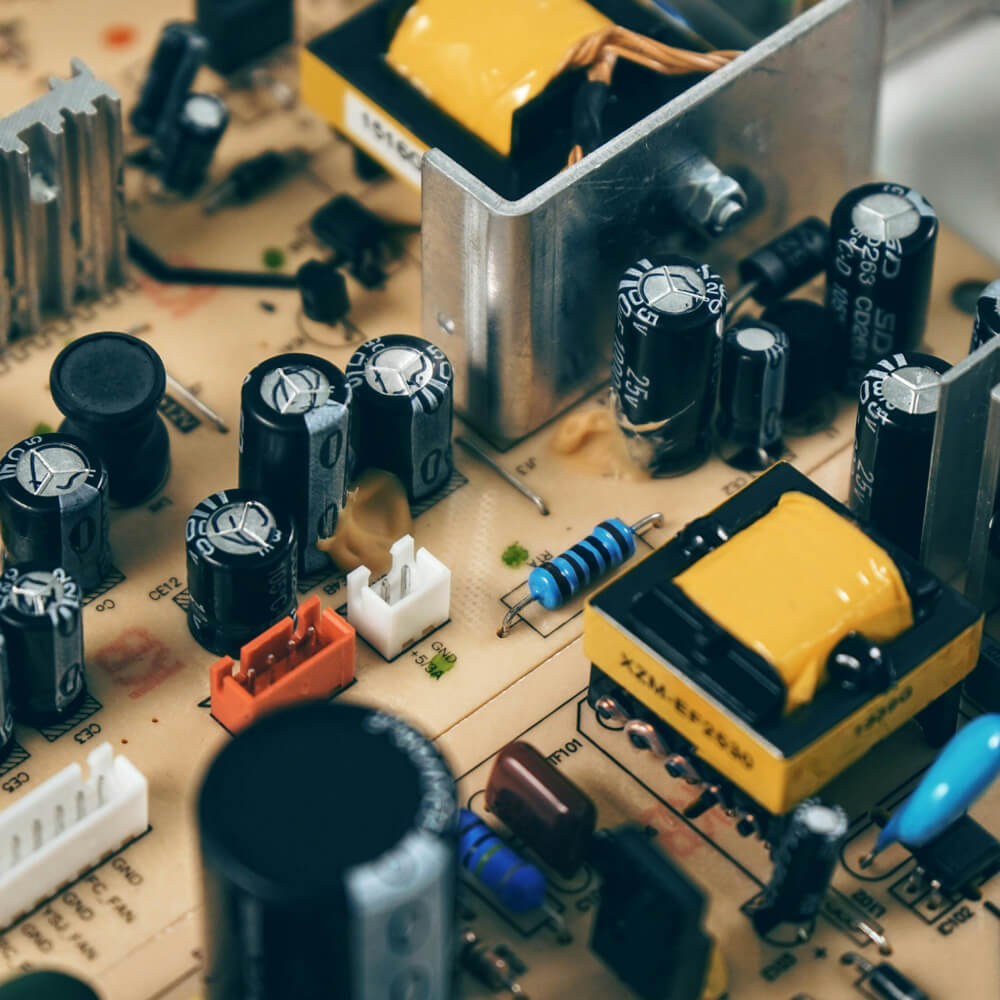
Electronics & Semiconductor
Test sockets, insulators, and components that must withstand high temperatures and chemical cleaning cycles.

Automotive
Components for fuel systems, transmissions, and under-the-hood electrical systems.

Medical
Components for reusable medical instruments that require resistance to aggressive chemical sterilization.
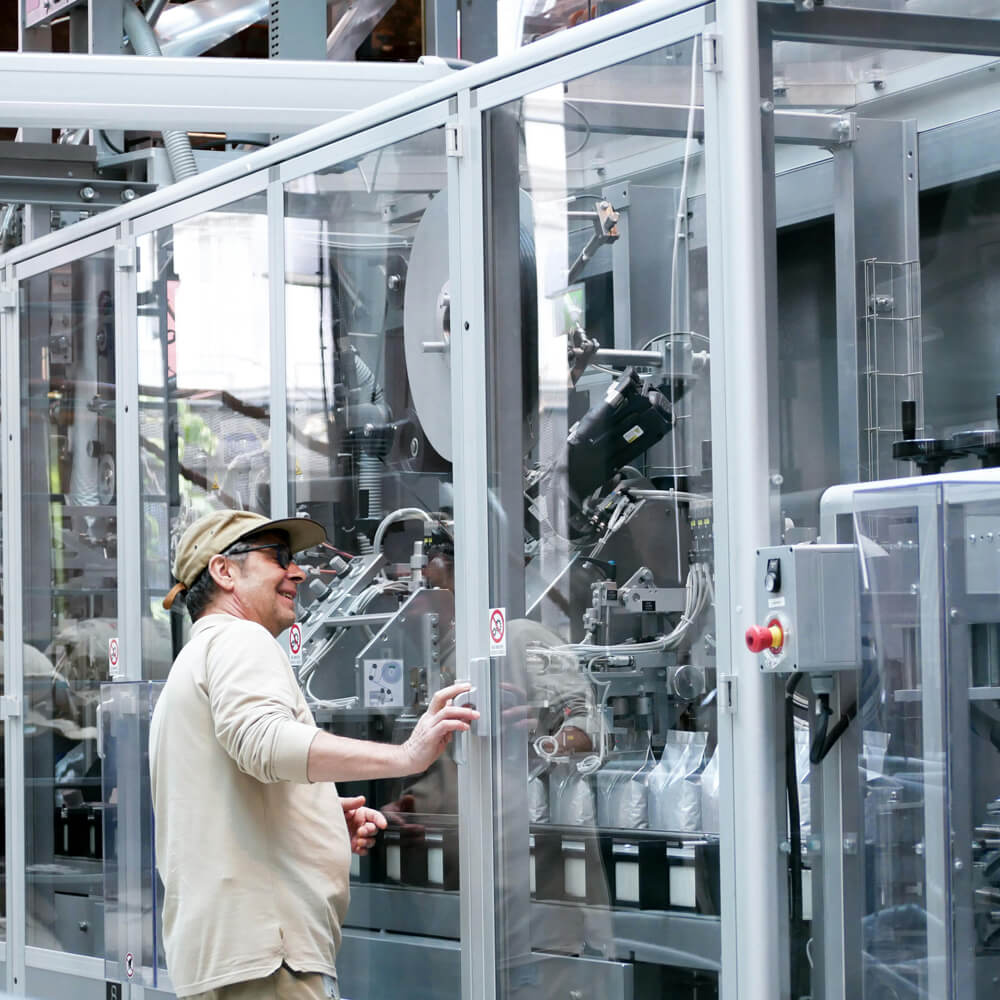
Industrial
High-temperature bushings, bearings, and structural components for industrial equipment.
PPS Machining FAQ
When would I choose PPS over PEEK?
Choose PPS when you need the absolute best broad chemical resistance, especially against solvents. PEEK is generally tougher (has better impact strength) and has a slightly higher operating temperature, but PPS often has better performance in certain aggressive chemical environments and is typically more cost-effective.
Why is PPS so difficult to machine?
The reinforced grades contain a high percentage (often 40%) of hard, abrasive glass fibers. This wears down standard cutting tools very quickly. It requires very hard tooling (carbide or diamond-coated), rigid machines, and specific techniques to get a good result.
Is PPS a good bearing material?
The standard glass-filled grade is not ideal for bearings, but the specialized bearing-grade PPS (filled with carbon fiber and PTFE) is excellent for high-load, high-temperature, and chemically aggressive bearing applications.
Can PPS be glued or bonded?
It is extremely difficult to bond due to its chemical inertness and low surface energy. It requires specialized surface preparation and high-performance industrial adhesives.
What is annealing and why is it required for PPS?
Annealing is a post-machining heat treatment that relieves the internal stresses built up during the molding and machining processes. For a dimensionally critical part made of PPS, this step is mandatory to prevent it from warping or changing size over time.
Is PPS a good electrical insulator?
Yes, it is an excellent electrical insulator and maintains its insulating properties very well at high temperatures and in high-humidity environments.
What color is PPS?
The most common glass-filled grade is a distinctive off-white or light tan color. Bearing grades and other carbon-filled variants are typically black.
How do you handle the dust from machining PPS?
The dust from machining reinforced PPS can be abrasive and an irritant. We use high-efficiency dust collection and coolant filtration systems to control the dust, ensuring a safe working environment and a high-quality part finish.
